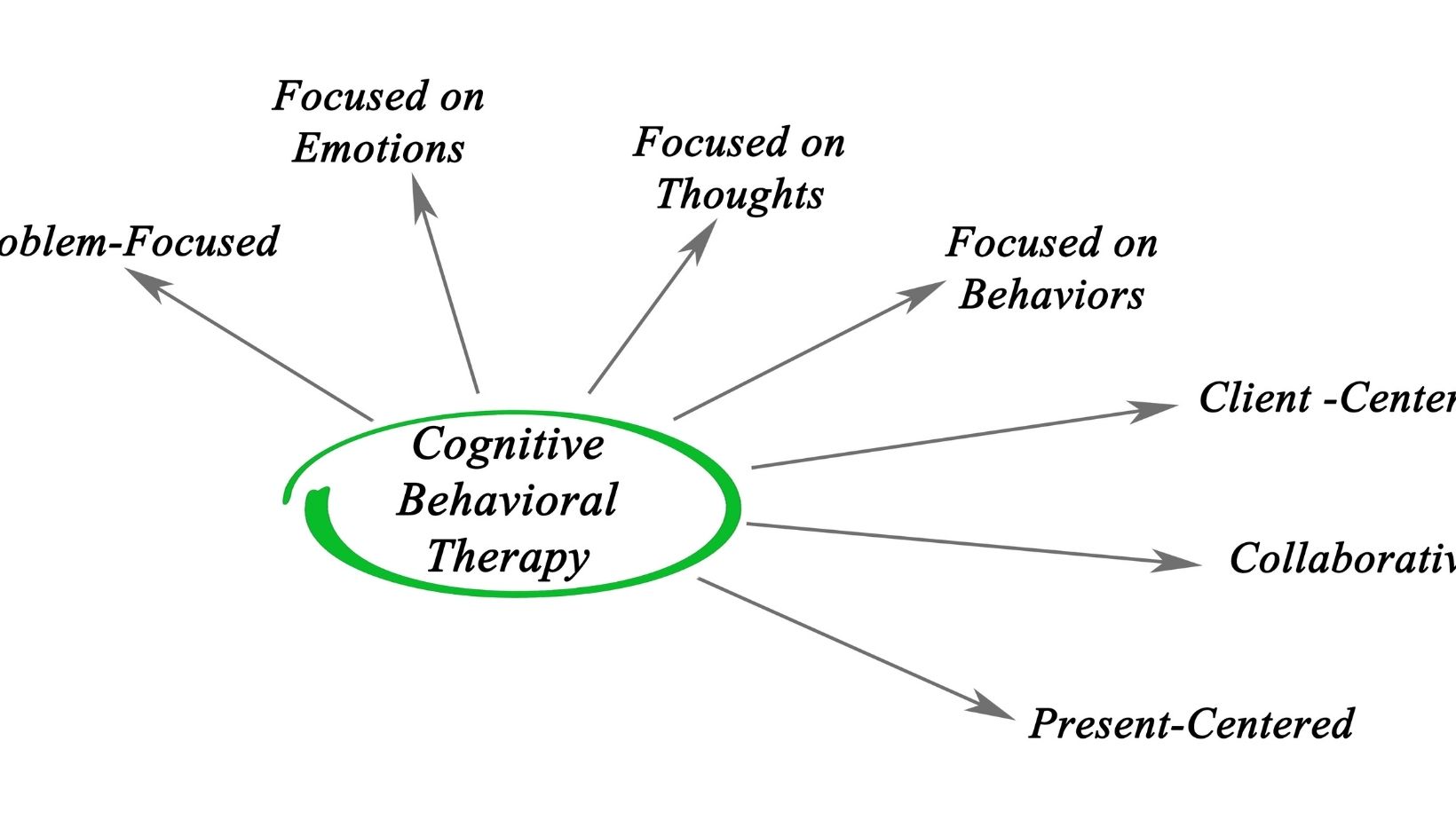Cultural Significance: Lady in The Streets, Freak in The Sheets Origin

Lady in The Streets, Freak in The Sheets Origin
While the exact origins of this phrase are difficult to pinpoint, it has become a common expression used to capture the idea of someone having contrasting personas when it comes to sexuality. It highlights the complexity and multifaceted nature of human behavior and desires.
In today’s society, where people may feel pressured to conform to specific expectations or societal norms, this phrase serves as a reminder that individuals are not always what they seem at first glance. It emphasizes that everyone has their own unique preferences and desires when it comes to intimate relationships.
One theory suggests that the phrase originated from early twentieth-century jazz culture. Jazz music was associated with rebellion and sexual liberation during this time, challenging societal norms of behavior and propriety. It is possible that the phrase “lady in the streets, freak in the sheets” evolved within these subcultures as a playful way to describe women who embodied both elegance and sensuality.
Another perspective proposes that the saying may have roots in Victorian literature or theater. In Victorian society, there was an emphasis on maintaining proper decorum and adhering to strict moral codes. However, behind closed doors, individuals were known to engage in secret passions and desires. The dichotomy between public virtue and private indulgence could have influenced the creation of this phrase.

Popularity in Modern Culture
Portrayal in Popular Music
The phrase “lady in the streets, freak in the sheets” has become a popular concept in modern culture, making its way into various forms of media, including music. Many artists have embraced this provocative idea and incorporated it into their songs to convey a sense of duality and sexual liberation.
One notable example is the song “Freak Like Me” by Adina Howard, released in 1995. The lyrics explicitly reference the notion of being reserved and respectable during the day while revealing one’s uninhibited desires behind closed doors. This hit single helped solidify the phrase as an empowering symbol for women exploring their sexuality.
References in Film And Television
The concept of a “lady in the streets, freak in the sheets” has also found its way into film and television as writers explore complex characters with hidden depths. It serves as a way to add intrigue and depth to portrayals of relationships or individual identities on screen.
One such example can be seen in the popular TV show “Sex and the City.” The character Samantha Jones embodies this dichotomy perfectly. On one hand, she presents herself as a strong, independent woman navigating New York City’s social scene; on the other hand, she openly embraces her adventurous sexual experiences without shame or judgment.
In movies like “Crazy Stupid Love,” we witness how characters like Jacob Palmer (played by Ryan Gosling) personify both sides of this phrase. Initially portrayed as a suave ladies’ man with no emotional attachments, he later reveals his vulnerability when falling for a particular woman. This depiction highlights the complexity of human sexuality and challenges traditional stereotypes.
Exploring The Double Entendre
When it comes to the phrase “lady in the streets, freak in the sheets,” there is a certain intrigue surrounding its origin and meaning. This double entendre has become a popular expression used to describe someone who appears reserved or demure in public but possesses a more adventurous and uninhibited side behind closed doors. Let’s delve into the origins of this phrase and explore its cultural significance.
The exact origin of the “lady in the streets, freak in the sheets” phrase is difficult to pinpoint. It has gained popularity over time through various forms of media, including music, movies, and literature. Some attribute its rise to mainstream attention from hip-hop songs and rap lyrics that highlight contrasting personalities or sexual prowess.
This provocative phrase encapsulates the idea that individuals can possess different personas depending on their surroundings or intimate relationships. The contrast between being a “lady in the streets” symbolizes grace, elegance, and poise exhibited publicly, while being a “freak in the sheets” signifies an uninhibited nature behind closed doors.
While some may argue that this phrase perpetuates stereotypes about gender roles or sexual behavior, others see it as an empowering expression of self-expression and embracing one’s desires. The allure lies not only in exploring our own duality but also understanding that others may have hidden depths beyond what meets the eye.
Conclusion
To sum up, the origin of the phrase “lady in the streets, freak in the sheets” is not easily traceable to a specific source or time period. It has become a widely used expression to describe someone who appears demure and proper in public but reveals a more adventurous and uninhibited side in intimate situations. While the exact origin of the phrase “lady in the streets, freak in the sheets” remains elusive, its continued use reflects society’s fascination with exploring contrasting aspects of human behavior. As we evolve as a society, it is crucial to embrace diversity and respect individual choices when it comes to personal expression and intimacy.




